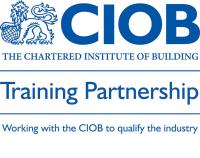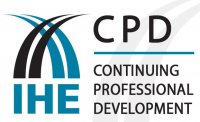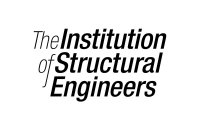Overview:
This well-established programme consists of two days intensive classroom training including 3 exercises/case studies and a one hour examination.
The modules available cover the full spectrum of railway infrastructure, operations and safety. They can be used either as a railway induction programme or to broaden the railway knowledge of existing employees and managers, especially those joining multi-disciplined environments.
All modules are regularly reviewed and kept up to date with industry and technology changes and delegates receive a bound illustrated manual which includes a glossary of railway terminology.
Versions of these induction courses, including 100 Basic Principles have been previously commissioned by most of the major rail companies.
Aims & Objectives:
In addition to satisfying the course objectives, delegates will determine what further information and understanding is needed to fulfil their role and establish a personal action plan to achieve it.
To provide appropriate introductory knowledge and understanding of the basic components and practices of railway engineering, including the safe planning and execution of engineering on or about Network Rail.
Course Outline:
- The Structure & Operations of the Rail Industry
- Railway Documentation
- Permanent Way
- Structures & Clearances
- Signalling & Telecommunications
- Overhead & 3rd Rail Electrification
- Planning Engineering Work and Line Blockages
There are two further modules in the manual which are referred to throughout the course but are not ‘taught’ as modules:
- On-Track Machines and Other Engineering Vehicles
- Railway Safety Legislation
Mode of Delivery:
A mixture of tutor input, syndicate work and practical demonstrations will be used to build up knowledge of the basic principles and legal requirements.
Course delivery is enhanced by photographs and diagrams from the tutor’s library and use of a 5+ metre railway diorama to illustrate how systems work, to re-enact scenarios and carry out a possession planning case study.
Intended For:
Project managers; professional, technical and supervisory staff who will be involved in the planning, design, management or execution of work on or near the line.








